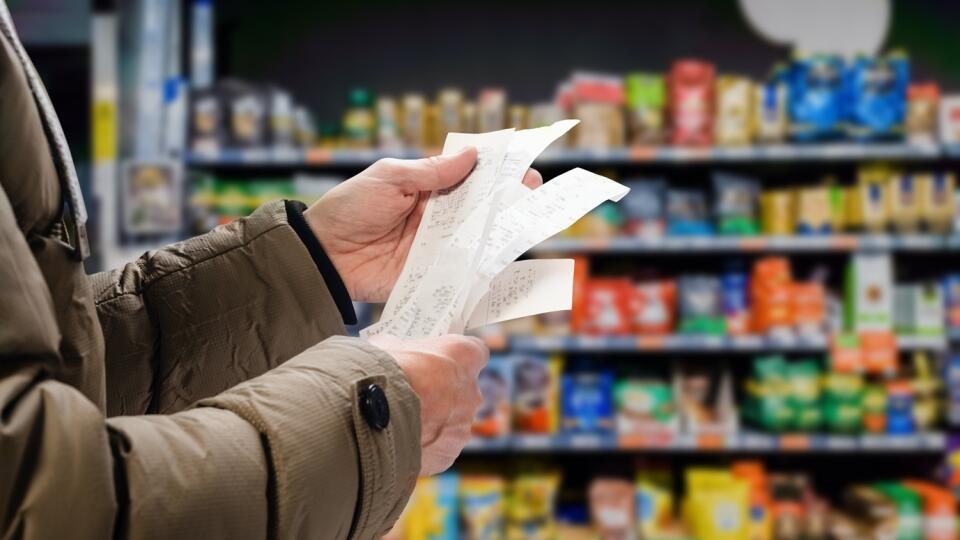Slovak real wages are about to fall for the first time in 10 years. Last time it was because of the financial crash, this time, it is because of war. The price of goods is growing faster than the average wage, said economists analysing the impact of the Russian invasion of Ukraine. The longer the war lasts, the worse the impact will be.
Ministry of Finance predicts that prices will rise on average by 8.5% throughout 2022. The country hasn’t seen inflation this steep since 2003, just before Slovakia joined the European Union.
Combatting inflation is only possible through raising wages. The average gross salary is supposed to rise from last year’s 1,211 euros to 1,294 euros this year. However, this decent 6.9% increase will be trumped by 8.5% inflation, meaning people will buy a little less for their wages this year.
On top of that, Russia’s latest demand to receive the payment for their oil and gas solely in roubles may accelerate the rising costs of energy throughout Europe. Minister of Economy Richard Sulík said that Slovakia should be fine this heating season, and he doesn’t see a problem in converting euros to roubles.
Were Russian President Vladimir Putin to cut Europe off Russian oil and gas, an instant economic crisis would be inevitable. Luckily, that scenario is not very likely, and so the Slovak Ministry of Finance remains optimistic. Their recent economic prognosis suggests GDP growth of 2.1% this year – a dip from the predicted 3.5% from before the war, but still higher than the Ministry’s negative scenario of just 0.4%.
Ukrainian refugees: Trade Union KOVO is urging Ukrainian refugees to ask for equal pay to Slovak workers. They said it’s a way of preventing employers from laying off Slovak employees to hire Ukrainians instead.
Where has Slovak military been deployed?
As the military conflict in Ukraine reaches its sixth week, Slovakia keeps on investing in its military and arming its borders. Defence Minister Jaroslav Naď said that more than 564m euros, which is around 32% of the defence budget, were invested in the modernisation of the Armed Forces.
The Armed Forces are in the process of deploying air defence systems at the eastern border of Slovakia. Defence Minister said that apart from S-300 anti-missile system, the border is protected by air-defence systems Kub and Avenger. And Prime Minister Eduard Heger said that the air defence system Patriot, located at Sliač Airbase, protects central Slovakia.
Likewise, Spike LR2, an anti-tank missile system ordered by the previous administration at the Ministry of Defence, has arrived in Slovakia.
Other stories of the week
- The Association of Outpatient Providers (ZAP) has not reached an agreement about financing healthcare with the General Health Insurance Company (VšZP). That means doctors will provide only urgent medical care to patients insured there.
- According to Stop Corruption Foundation, the Ministry of the Interior has purchased goods and services related to the Ukrainian refugee crisis worth 12.5m euros without putting them out to tender. The foundation believes that only food, medicine, and hygiene supplies should be procured this way. They call to question the 2.5m euros contract for the management of the registration, transport, and care process for the refugees.
- Non-governmental human-rights organisation Amnesty International has released their annual report, in which they criticise Slovak lawmakers for repeatedly attempting to limit access to safe and legal abortions.
- Spokesperson for Railways of the Slovak Republic (ŽSR) said the company has signed contracts for six new projects worth 68.5m euros without tax. The projects should modernise and build new infrastructure.
- A new study found that the Slovak car industry will have to face challenges while moving towards electromobility, otherwise, the Slovak GDP may be in danger.
Thank you for reading.
See you next week.






